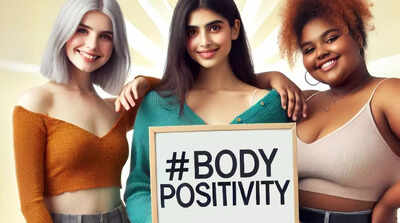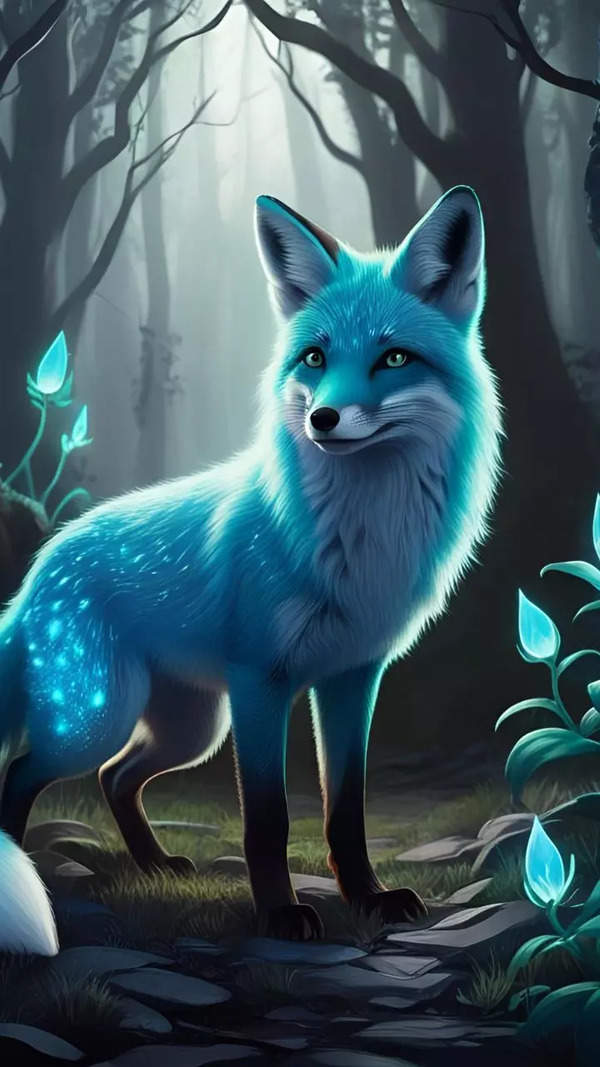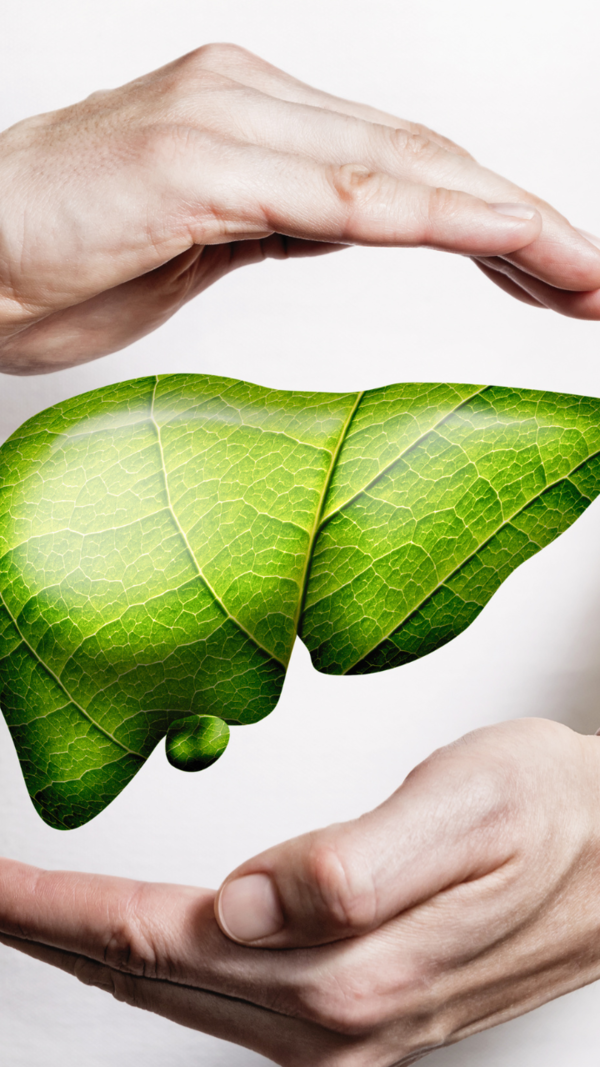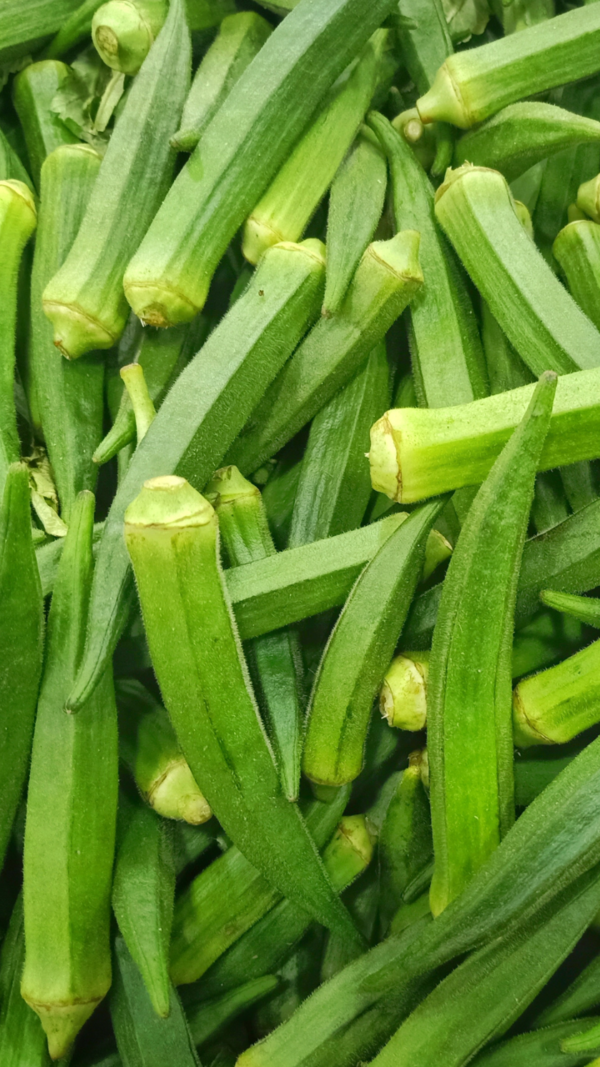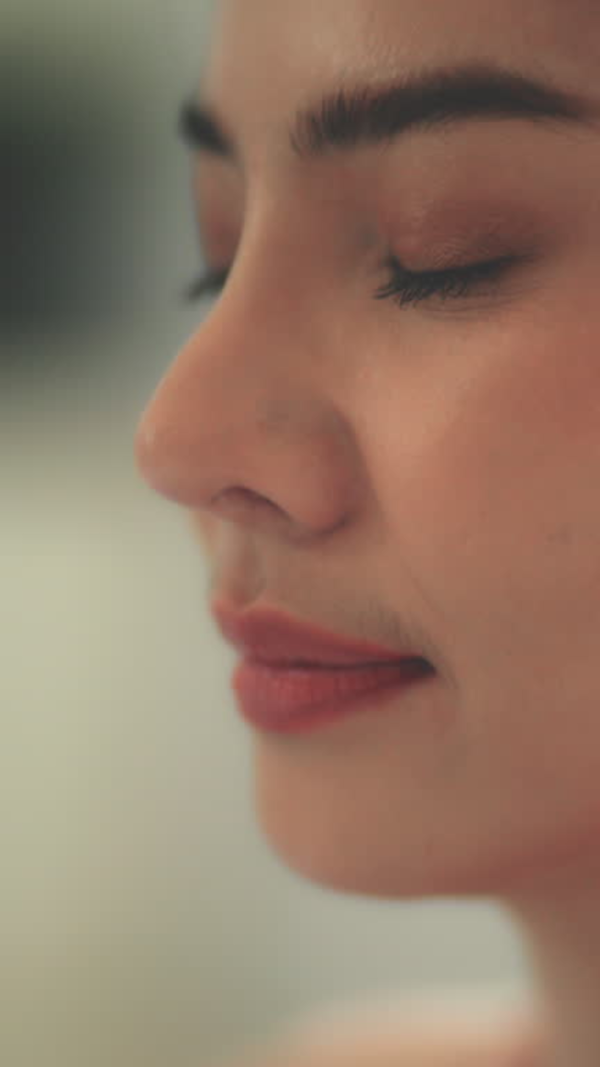Trending
Self-love over conformity: Women are redefining beauty
Women are challenging beauty norms, embracing self-love despite societal judgments about appearance. From facing scrutiny over grey hair, dusky skin, and height, to overcoming insecurities related to conditions like vitiligo and body weight, individuals are defying standards and promoting body positivity. This International Women’s Day, we spoke to a few women who have defied societal standards and learned to love their so-called flaws
Lately, this writer has faced scrutiny for developing grey hair, hearing remarks like, ‘You should see a dermatologist’ and ‘you should colour your hair, you are yet to marry’. She isn’t alone – women who don’t fit conventional beauty norms often face such judgements.
While body positivity is still a trending hashtag, weight loss drugs like ozempic, AI images and photo editing have fuelled an era of body exclusivity, where perfection is the new expectation. Recently, actress Millie Bobby Brown called out media scrutiny over her appearance, saying, “This is bullying... I will not be shamed for how I look, how I dress, or how I present myself.”
Srishti Vatsa, a counselling psychologist, explains, “Women are conditioned from a young age to fix perceived flaws, which lead to a deep-rooted feeling of never being good enough.”
Honey Gudh, a life coach, adds, “Judgements from family and acquaintances affect self-esteem, making women doubt themselves in social and professional settings.” However, many women now are challenging beauty norms, embracing their true selves and choosing self-love. This International Women’s Day, we spoke to a few women who have defied societal standards and learned to love their so-called flaws.
Despite progress in body acceptance, filters and AI images fuel insecurities. Building a strong sense of self is key... Instead of forced positivity, neutral self-talk like, ‘My skin does not define my worth,’ is more effective. The goal is to help women see their natural features as normal, not flaws
Srishti Vatsa, a counselling psychologist
‘What people call flaws, sets us apart’
At 20, however, everything changed when Noor landed a theatre role written for a white woman. Her drama teacher reminded her that roles are for actors, not for skin tones. The play garnered a three-minute ovation, shattering Noor’s insecurities. She now flaunts her natural beauty. She says, “What people call flaws, sets us apart.” Noor, recently, also told a relative, “Forget getting a groom – I don’t want a man who values me for my skin colour.”
Young women are increasingly seeking beauty treatments. A girl once came to me wanting celebrity-like lips. I explained that treatments only enhance features, not change them. This must change... We must encourage women to embrace their natural beauty
Dr Noopur Jain, a dermatologist

Noor Zahira (left)/Nisha Popli (right)
‘I refuse to let my short height define my worth’
“I never thought much of it until I saw how confidence and beauty were tied to height,” she says. Short girls like her were labelled ‘cute’ or ‘weak,’ while taller girls were idolised and given leadership roles.
“People’s judgements made me believe my height defined me. At work, I feared I wouldn’t be taken as seriously as my taller colleagues. I was often mistaken for an associate rather than a manager, which made me hesitant to speak up or pursue leadership roles.” This self-doubt became a major obstacle in her career until she asked herself, “Why am I letting height define my worth?” Embracing confidence changed everything.
Now, when someone comments on her height, she simply smiles and says, “That’s fine.”
‘Society may not accept me, but my people do — and that’s enough’

Priya Nambiar (left)/Gargi Bhave (right)
‘I realised, beauty doesn’t just belong to thin people’
However, her self-love journey was slow and painful. She shares, “For years, my weight overshadowed my kindness and achievements. Society never let me forget it – side glances, unsolicited diet advice, and movies portraying fat girls as funny and never as love interests. What’s worse,” she continues, “I started looking at myself through the eyes of society. I’ve skipped events, avoided dresses I loved, and rehearsed responses to weight comments.”
Tired of shame, Gargi refused to tolerate negativity. “Happiness isn’t a number on a scale. Beauty isn’t just for thin people. Now, I’m bold, loud and unapologetically me.”
SOCIAL MEDIA AND BODY POSITIVITY
End of Article
FOLLOW US ON SOCIAL MEDIA
Visual Stories
Tired of too many ads?
